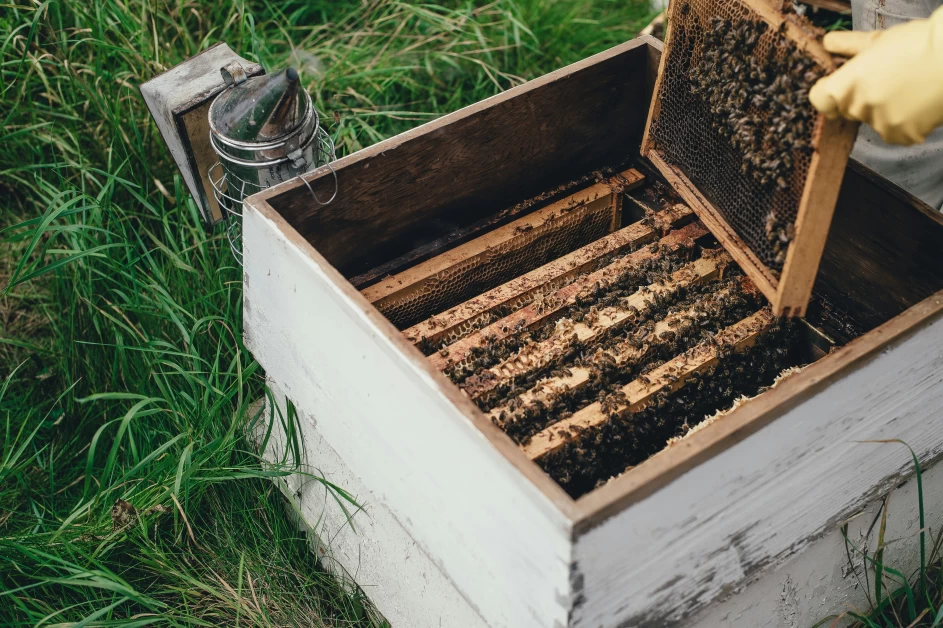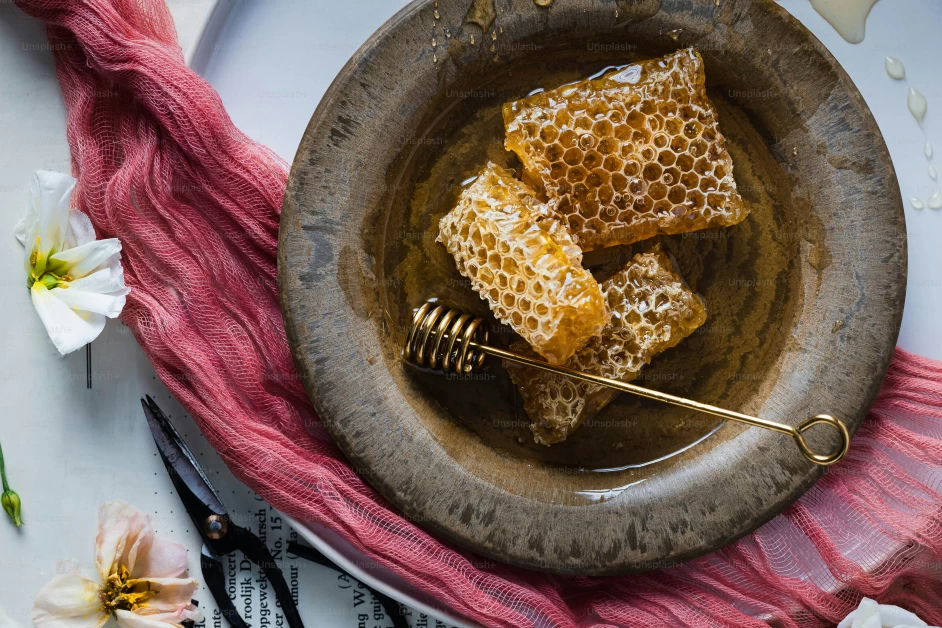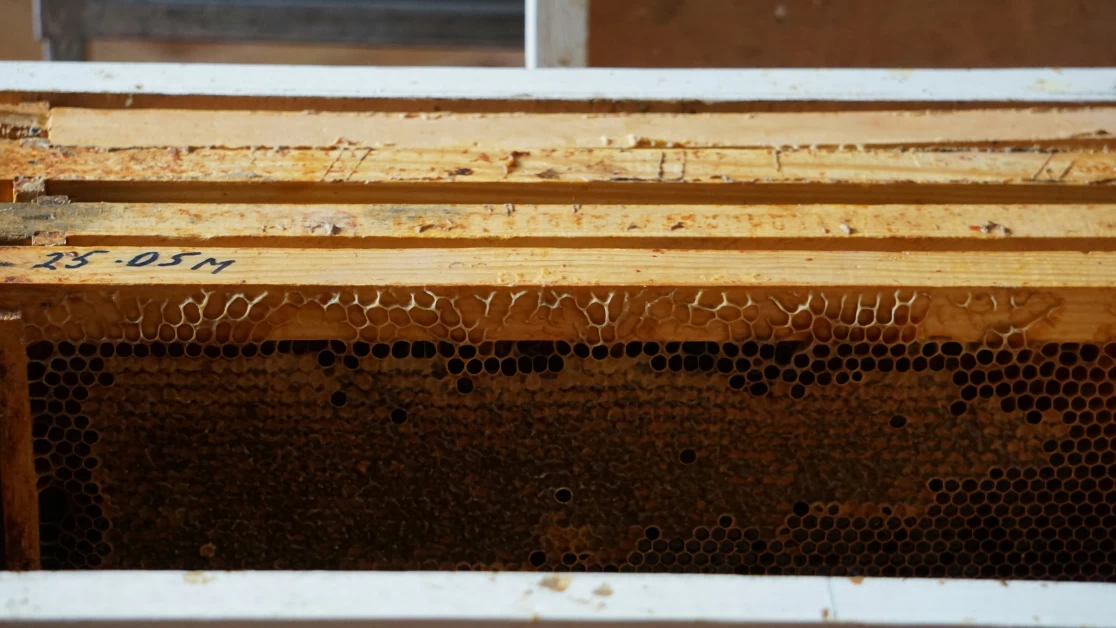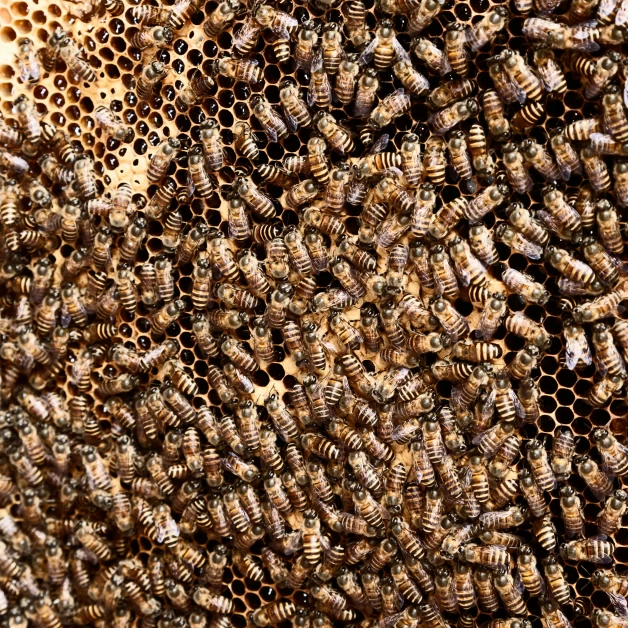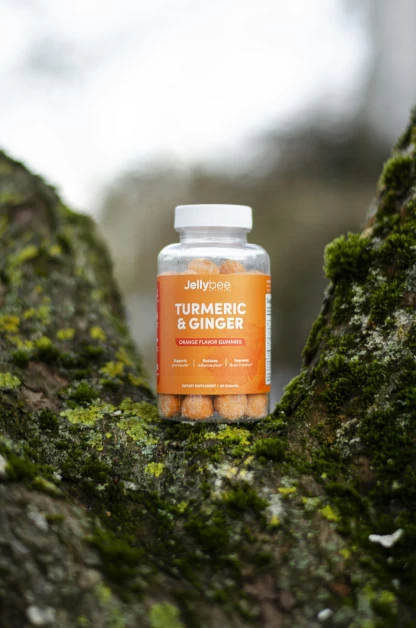Table of Contents
Understanding the Benefits of Manuka Honey for Sore Throats
Manuka honey is frequently recommended as a natural remedy for sore throats due to its calming effects and antimicrobial advantages. Made from the nectar of the Manuka tree in New Zealand, this honey has unique antibacterial qualities, thanks to its high methylglyoxal (MGO) content. These qualities can reduce swelling, fight off harmful bacteria, and soothe the throat.
Manuka Honey Dosage Recommendations for Sore Throats
Finding the right dosage of Manuka honey to effectively relieve a sore throat can vary from person to person. However, the following recommendations can help you determine the appropriate amount:
-
Choose the right Manuka honey: Opt for unpasteurized, raw Manuka honey with a high Unique Manuka Factor (UMF) ranking. The UMF rating indicates the concentration of MGO in the honey, with higher ratings indicating stronger antibacterial activity.
-
Consuming honey straight from the jar: Start with one to two teaspoons of Manuka honey straight from the jar. Allow the honey to coat your throat as you swallow it, letting it slowly dissolve in your mouth. Depending on the severity of your sore throat, repeat this process two to three times a day or as needed.
-
Warm honey water or tea: If preferred, you can mix Manuka honey with warm water or herbal tea. Dissolve one to two tablespoons of Manuka honey in a cup of warm water or tea and sip it gently. This approach may provide additional relief and hydration to the throat.
-
Personalization and observation: It’s important to note that everyone responds differently to Manuka honey. Pay attention to how your body reacts and adjust the dosage accordingly. Some individuals may find relief with lower doses, while others may require higher quantities. Finding the right balance that works best for you is crucial.
Remember, Manuka honey is a complementary treatment and should not replace professional medical advice. If your sore throat persists, worsens, or is accompanied by severe symptoms, consult a healthcare provider for an accurate diagnosis and appropriate treatment.
Conclusion
Manuka honey, with its calming effects and antimicrobial benefits, has gained popularity as a natural remedy for sore throats. To effectively relieve throat irritation, choose raw, high-quality Manuka honey with a high UMF rating.
While there is no standardized dosage for Manuka honey in treating sore throats, starting with one to two tablespoons straight from the jar or dissolved in warm water or tea is a good general guideline. Monitor your body’s response and adjust the dosage based on your individual needs.
Take advantage of the natural sweetness and healing properties of Manuka honey to soothe your sore throat. Remember to prioritize your health and seek professional medical advice when necessary. Manuka honey can be a valuable addition to your sore throat treatment plan.
